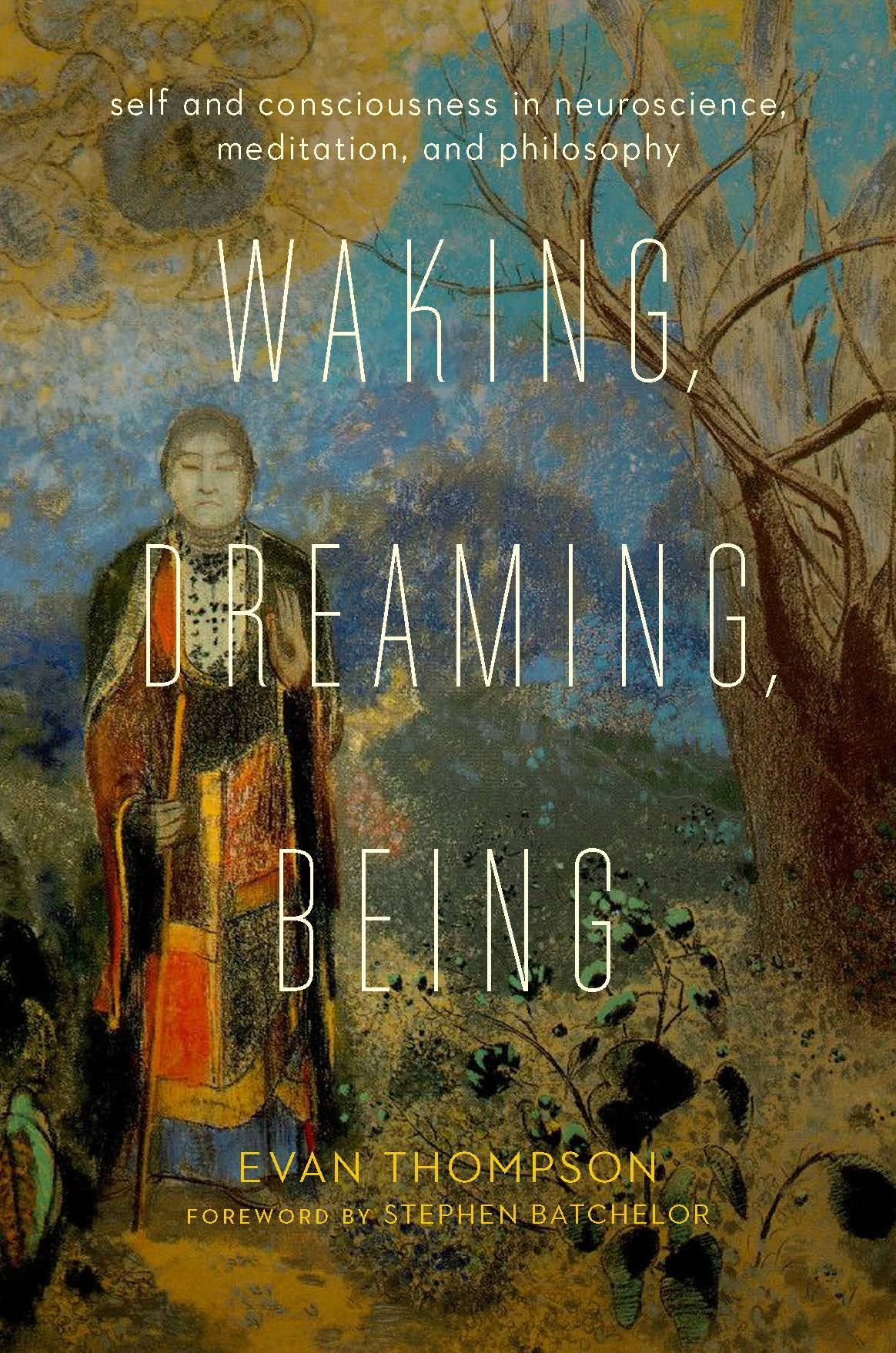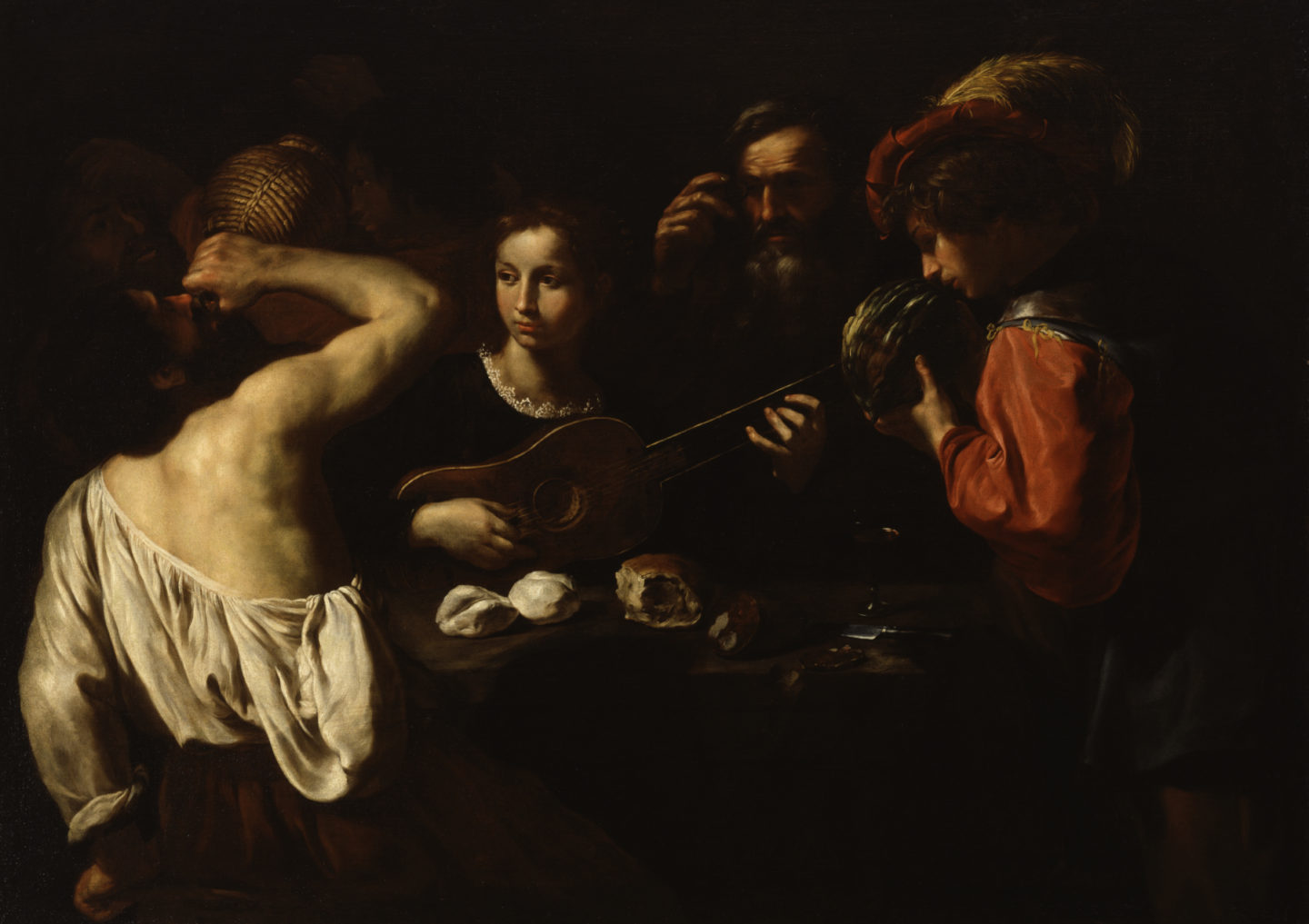Is Consciousness a “Stream”?
In 1890 William James introduced the metaphor of the “stream of consciousness” into Western psychology: “Consciousness… is nothing jointed; it flows. A ‘river’ or ‘stream’ are the metaphors by which it is most naturally described. In talking of it hereafter, let us call it the stream of thought, of consciousness, …







